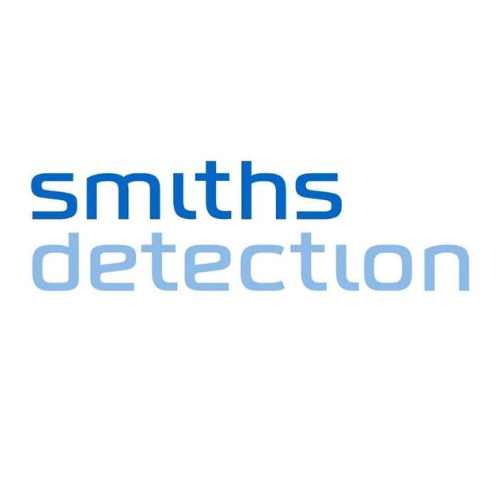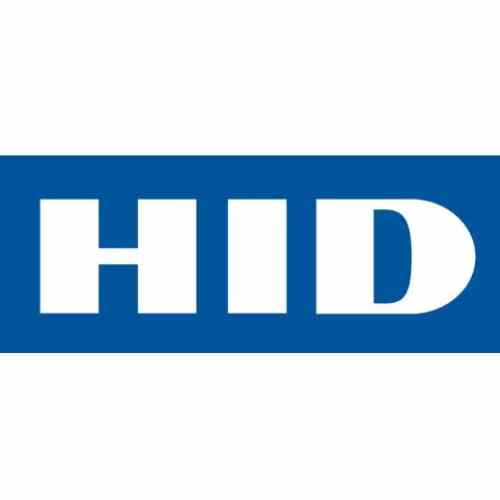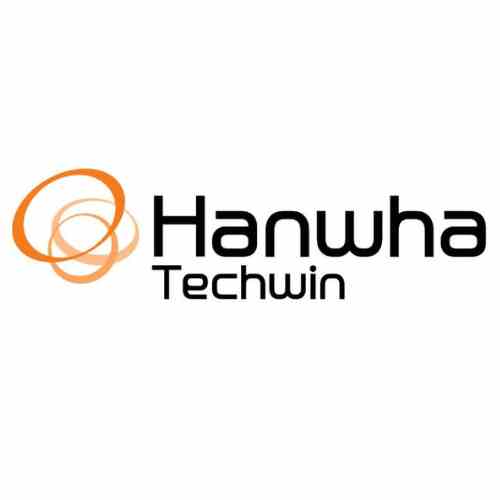Exploring Airport Security Systems in South Korea in 2025
South Korea, a country synonymous with technological innovation, has taken its prowess to the skies. While sleek airplanes and comfortable seating are a traveler’s delight, the true marvels lie beneath the surface, in the intricate world of airport security systems. Here, we embark on a thrilling voyage through South Korea’s high-tech security landscape, exploring the sophisticated equipment, advanced procedures, and unwavering commitment to passenger safety.
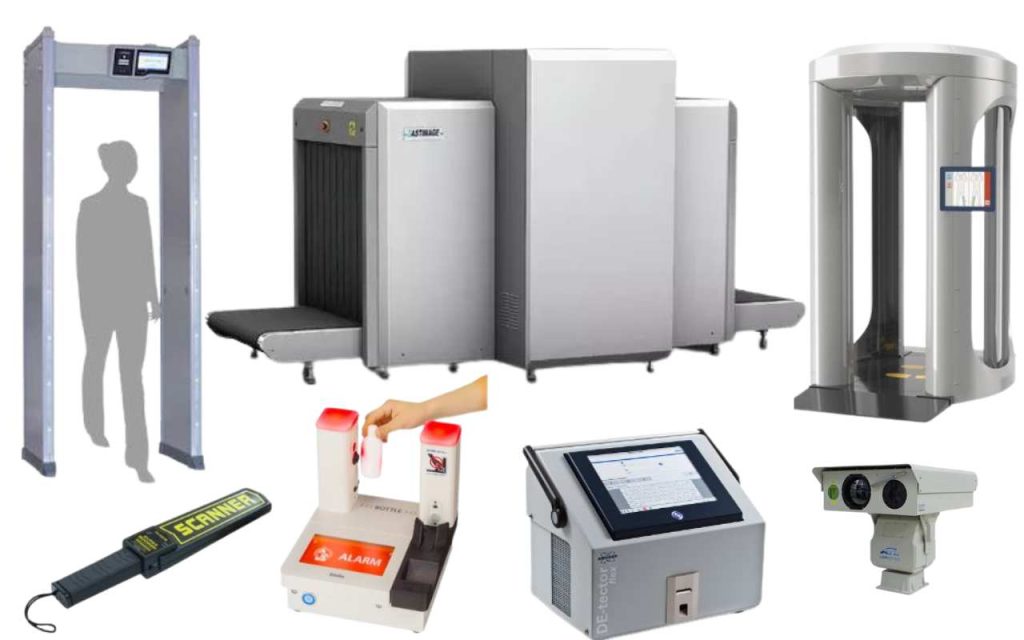
A Symphony of Security
Imagine a meticulously choreographed ballet – a seamless flow of passengers and luggage gliding effortlessly through a labyrinth of security checkpoints. This is the essence of a modern airport, and South Korea takes it to a whole new level. Airports like Incheon International (ICN), a consistent leader in global rankings, boast some of the most advanced security systems in the world.
Behind the Scenes: Automation Takes Center Stage
The magic behind South Korea’s security efficiency lies in its embrace of automation. Aviation security system developers like constantly innovating, and manufacturers of airport surveillance systems have created a network of intelligent machines working tirelessly to ensure a smooth and secure travel experience.
- Automated Baggage Handling Systems (ABHS): Imagine a 43-kilometer long network of conveyor belts silently whisking your luggage away from the check-in counter. This is the reality at ICN, where a complex ABHS, developed by South Korea airport security technology providers, utilizes a combination of sensors, cameras, and computer programs to autonomously transport, sort, and screen luggage. Explosive detection systems (EDS) seamlessly integrated into the ABHS ensure even the most minute threats are identified.
- X-ray Scanners and Beyond: X-ray scanners are a mainstay of security checkpoints, but South Korea takes it a step further. Millimeter wave scanners and body scanners employ advanced technology to detect hidden objects without physical contact, enhancing security while maintaining passenger privacy.
- CCTV Surveillance Systems: A network of high-resolution CCTV cameras equipped with video analytics keeps a watchful eye on every corner of the airport. Facial recognition systems and license plate recognition systems further enhance security by identifying individuals and vehicles of interest.
Security Measures: A Multi-Layered Approach
South Korea’s security measures extend far beyond the flashy gadgets and high-tech gizmos. A multi-layered approach ensures a holistic shield against potential threats:
- Passenger Screening: Security checkpoints employ a combination of automated and manual screening procedures, ensuring a thorough security check for every passenger. Biometrics, such as fingerprint scanners and iris recognition, are increasingly being used to expedite the process for frequent flyers.
- Baggage Screening: As mentioned earlier, the ABHS plays a crucial role in baggage screening. X-ray scanners and EDS work in tandem to identify suspicious items, while specially trained security personnel are on hand for further inspection if needed.
- Cargo Screening: Aviation security doesn’t stop at passenger luggage. Cargo screening procedures ensure that all goods transported on board undergo rigorous checks to eliminate any potential threats.
- Perimeter Security: A robust perimeter security system, comprising security fences, intrusion detection systems, and motion sensors, safeguards the airport from unauthorized access.
- Cyber Security: In today’s digital age, cyber threats pose a significant risk. South Korea airport security solutions include advanced firewalls, intrusion detection systems, and data encryption protocols to protect critical airport infrastructure and passenger information.
- Threat Detection and Risk Assessment: Security equipment vendors for South Korea airports constantly develop and implement cutting-edge technology to stay ahead of evolving threats. Risk assessment procedures are conducted regularly to identify potential vulnerabilities and implement countermeasures.
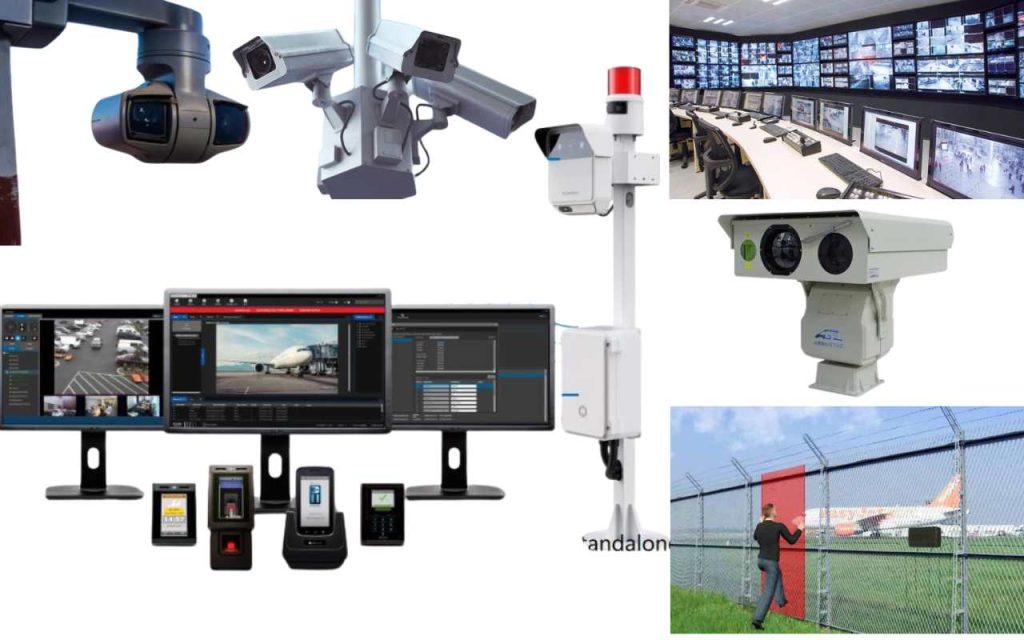
Regulations and Collaboration: A Global Effort
South Korea’s airport security systems adhere to the highest international standards set by the Transportation Security Administration (TSA) and the International Civil Aviation Organization (ICAO). Security screening procedures are regularly reviewed and updated to reflect the latest threats and best practices.
Benefits of a High-Tech Security Shield
South Korea’s investment in cutting-edge security systems reaps a multitude of benefits:
- Enhanced Security: Advanced technology and stringent procedures create a robust security shield, deterring criminal activity and safeguarding passengers, crew, and airport personnel.
- Improved Passenger Safety: Knowing they are traveling through a highly secure airport provides peace of mind to passengers, allowing them to focus on enjoying their journey.
- Reduced Wait Times: Automated systems and efficient screening procedures streamline the security process, minimizing wait times for passengers.
Get a Quote from Top 12 Global Leader Security Systems Manufacturers
FAQs
Are South Korean airports safe?
South Korean airports are known for their robust security systems, employing advanced technology, stringent procedures, and well-trained personnel to ensure passenger safety.
What kind of security technology is used in South Korean airports?
Airports in South Korea utilize a range of high-tech security systems, including X-ray scanners, millimeter wave scanners, body scanners, CCTV surveillance with facial recognition, and automated baggage handling systems with explosive detection capabilities.
How do I prepare for security screening at a South Korean airport?
Familiarize yourself with the prohibited items list and pack accordingly. Allow ample time for security checks, as advanced technology can lead to a more thorough screening process. Have your travel documents readily available for inspection.


